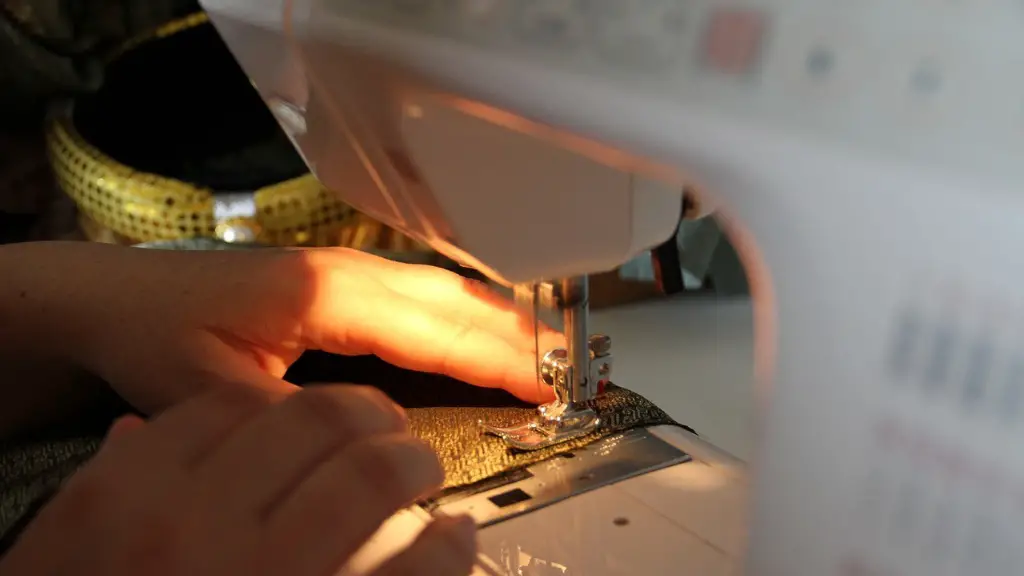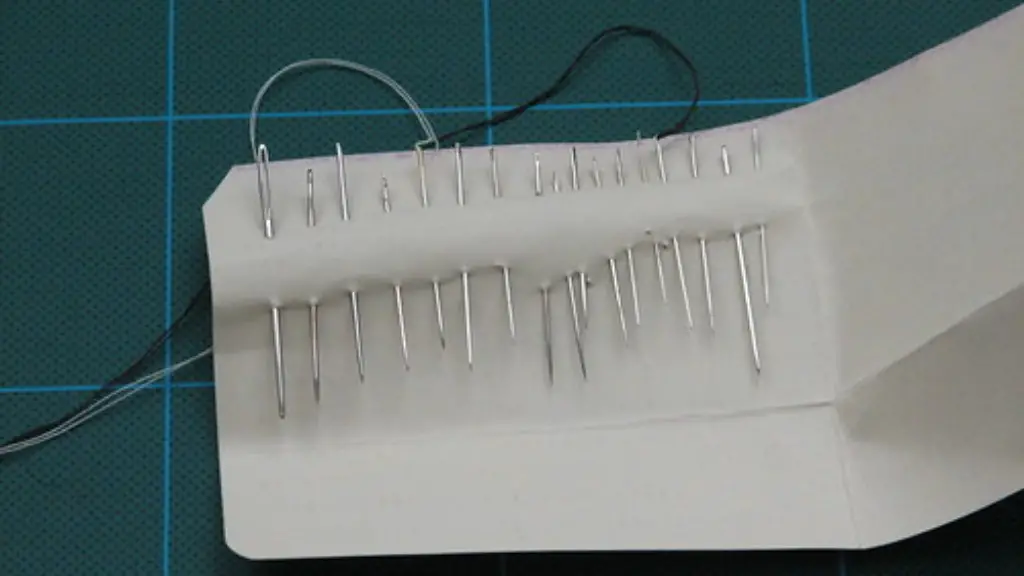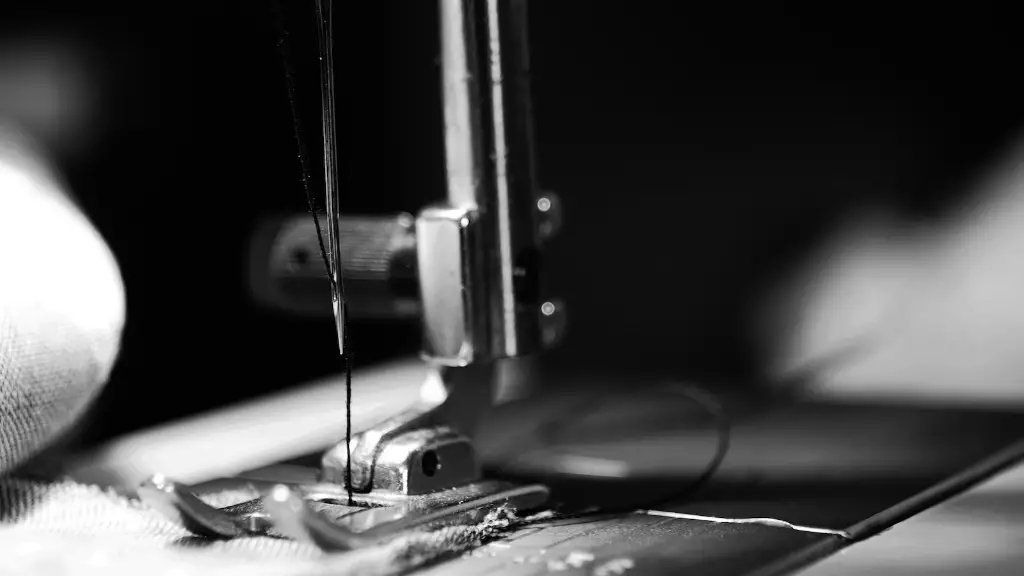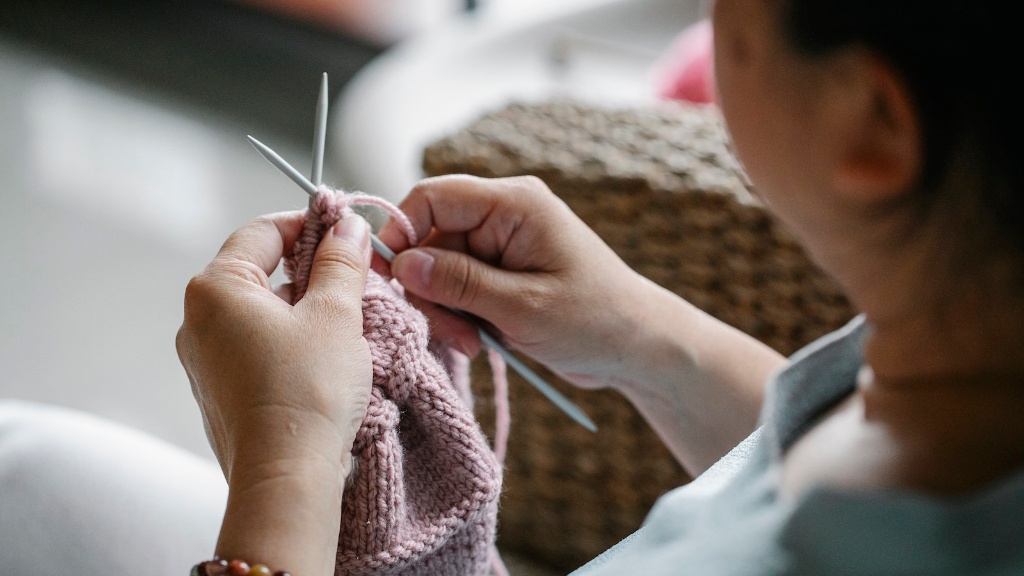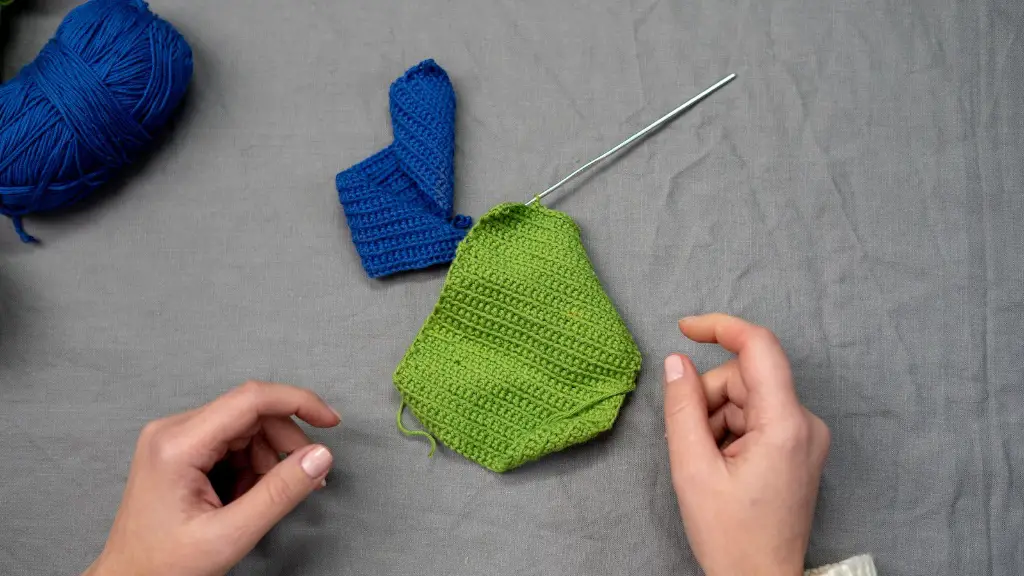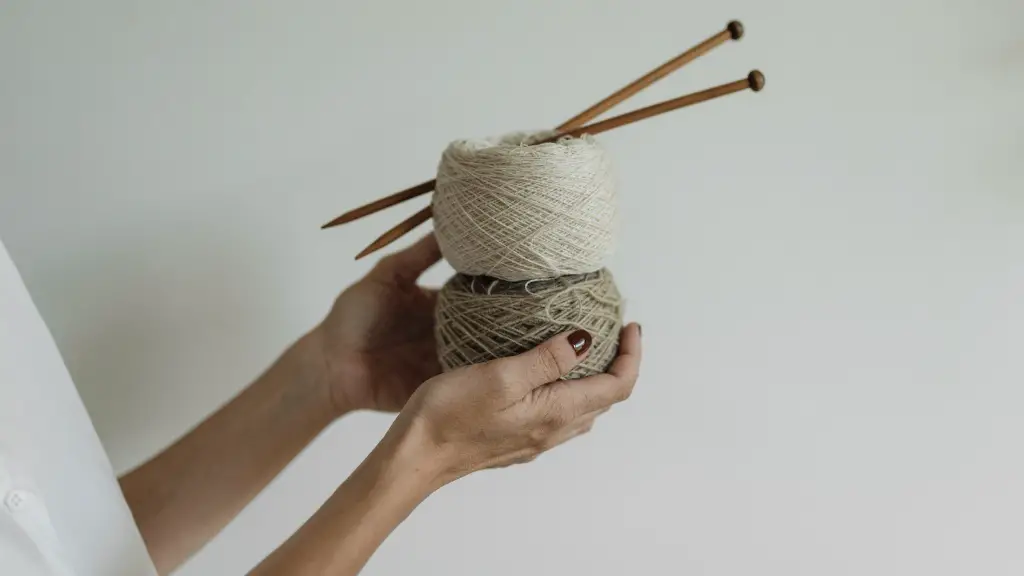Sewing machines are common household items and tend to play an important role in many people’s lives.
For those who use them, a sewing machine is an invaluable tool, capable of creating garments, quilts, and more. But this useful piece of machinery may not always work properly.
It can be incredibly frustrating when one’s sewing machine refuses to stitch as expected. Moreover, figuring out what is wrong and how to fix it can be daunting.
The causes of a sewing machine’s malfunction can range from something as simple as a threading error to a broken part. There are several possibilities for why the machine may not be working, and it’s important to identify the cause before attempting to fix the issue.
The first step in troubleshooting a broken sewing machine is identifying the issue. Is the machine producing too much noise or none at all? Is the machine producing a consistent stitch or is it irregular? Are the stitches too loose or too tight? Identifying the underlying issue is the key to solving the problem.
The next step is to inspect the parts of the machine that may be causing the issue. Does the needle require replacement? Is the thread tangled or frayed? Are the feed dogs working properly? Inspecting the parts of the machine can help to identify the cause of the problem, as well as the solution.
If the problem appears to be with the machine itself, it may be necessary to bring it to a professional. Professional technicians can test and diagnose a machine more thoroughly, and will be able to provide better advice if the problem is serious.
When dealing with an uncooperative sewing machine, it is also important to consider the quality of supplies used. Low-quality thread or needles can cause issues with stitching, and can lead to breakage or poor quality results.
It is important to use good quality supplies when working with a sewing machine. High-quality thread and needles are especially important, as they are responsible for the majority of sewing-related issues.
Inadequate Cleaning
It is also important to maintain a clean and well-maintained sewing machine. Dirt and debris can build up in the machine, resulting in issues with the thread tension and causing the machine to stitch erratically. Regular cleaning not only keeps the machine running smoothly, but also helps to prevent more severe issues.
Allowing thread build-up and dirt to remain in the machine can lead to serious problems, such as jamming, skipping stitches, or thread breaks. Taking the time to properly clean and lubricate the machine can help to prevent these issues.
Incorrect Settings
In some cases, the issue may be caused by incorrect settings on the machine. Settings such as the stitch length and width, needle position, tension, and more can all have an effect on the quality of stitching. It is important to ensure that all of these settings are correct for the type of fabric being used.
It is also important to check the manual before attempting to make any adjustments. Most machines come with detailed instructions on how to adjust the settings, which can be helpful in troubleshooting issues with stitching.
For those who are not comfortable making adjustments on their own, it is important to consult a professional. Professional technicians may be able to adjust the settings in a more efficient manner, and can also provide advice if the problem is more serious.
Sewing Machine Habits
It is also important to consider one’s own habits when working with a sewing machine. Stitching too fast or too slow can cause issues with the quality of stitching, and can even lead to jams or breaks. It is important to take the time to develop good stitching habits and to practice regularly in order to produce the best quality results.
Moreover, it is important to ensure that the fabric is secured properly before attempting to stitch. An improperly secured fabric can lead to uneven or inconsistent stitches. Taking the time to properly secure the fabric can make a big difference in the quality of the results.
Seeking Professional Assistance
When all else fails, seeking professional assistance may be the best option. Most sewing machines come with a warranty that covers certain issues, and a qualified technician may be able to fix the problem. The technician will be able to properly inspect the machine and make any necessary repairs or adjustments.
In some cases, the technician may be able to identify a more serious issue and suggest a replacement part or a new machine. While this should be a last resort, it may be the only option in certain cases.
Maintenance and Care
Finally, it is important to ensure that the machine is properly cared for and maintained. Regular maintenance and cleaning can help to ensure that the machine is in good condition and can help to prevent any potential issues.
Maintaining a sewing machine requires regular inspections, cleaning, and lubrication. It is important to take the time to properly care for the machine in order to extend the life of the machine and avoid costly repairs.
Conclusion and Prevention
In summary, there are several possibilities when it comes to why a sewing machine may not be working correctly. It is important to identify the cause of the issue and to consider the quality of supplies used. Taking the time to properly clean and maintain the machine can help to prevent any serious issues.
Lastly, it is important to consult a professional if the problem is not easily fixed at home. Professional technicians can inspect the machine, diagnose any underlying issues, and suggest replacements or repairs if necessary.
